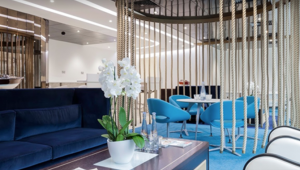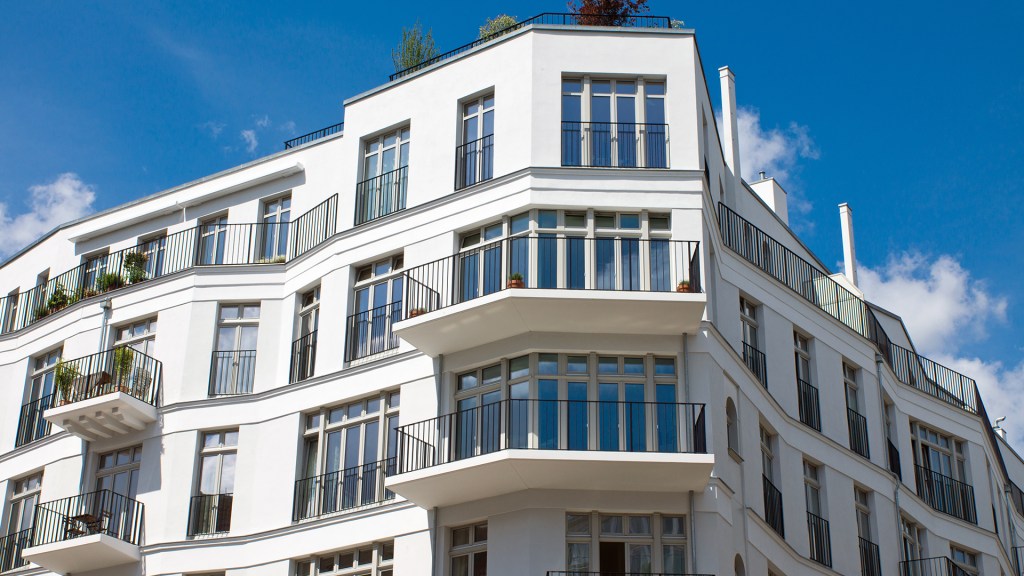By Tony Freeth on December 2, 2018 in Coworking Global News
Increasingly, companies don’t have a five-or 10-year vision based around a particular space with a particular staff mix. They want short-term arrangements where they can flex their head count and floorspace up or down depending on need.

This applies to businesses both large and small. While coworking once meant an office for four to six people, today deals are being signed for spaces that will accommodate 25, 50 or even 100 staff.
Coworking also helps firms to retain the best employees by providing them with a stimulating and collaborative working environment.
Sitting behind all of this is new technology which means that operating or using a coworking space is more streamlined than ever before.
But with so many coworking spaces springing up, competition is getting ever more intense.
So what can operators do to make their schemes are a success?
Businesses today are looking for more than just a desk, a telephone and an internet connection – they want a level of service on a par with what you would expect in a high-end hotel.
Years ago, we used to call the people sitting in the entrance ‘receptionists’, but today we refer to them as ‘front-of-house.’ In a successful coworking space they should engage with members, know them by name and be on hand to manage all aspects of the customer experience.
Technology is a big part of this. A fast, reliable internet connection is crucial to most businesses and Yardi’s software means access to spaces is  seamless, so when a member enters a coworking space they are instantly recognised and connected to the wifi. This can even work across multiple coworking locations.
seamless, so when a member enters a coworking space they are instantly recognised and connected to the wifi. This can even work across multiple coworking locations.
Unlike more traditional companies where most staff leave the building between 5pm and 6pm, some companies operating out of coworking spaces need their office to be available almost 24 hours a day. Yardi’s member platform can accommodate these needs – for example, for one of our clients we have agreed only to install updates between two o’clock and five o’clock in the morning.
As the market has matured, a new niche has sprung up for suburban coworking spaces to accommodate people who use the space one or two days a week and commute into an office in the city the rest of the time, so the average contract may only be 20 hours. In environments such as these, Yardi’s platform can also be used to control what amount of time people can use the space for.
Themed office space
As well as service, another way operators can differentiate themselves is by providing interesting fit-outs. For example, Office Space in Town has a building in Waterloo that is Alice in Wonderland themed. Another of their spaces in Monument has a nautical theme.
However, a more important factor is the range of different spaces on offer. Most coworking members still want a private office, but they also want a collaboration area and access to a break-out area or a café. Some take this even further by having facilities such as cinemas and at the White Collar Factory in Old Street, London, The Office Group has installed a running track on top of the building.
Research also shows that, when companies are picking a coworking space, their second most important requirement after location is usually a cycle rack. Offerings such as these can help tenants attract and retain staff, particularly the younger generation who want to work in a space that fits with their lifestyle.

Operators can use platforms such as Yardi’s to allow members to buy add-on services just as you would in a hotel. For example, they can book a meeting room or order tea and coffee, and these items are added to their bill, which they can see and settle at the end of the month.
There is an increasing demand for flexibility in terms of the space that members are allocated and there are two or three operators that can put up or take down walls and reconfigure spaces over a weekend. This will be a key skill in the future and in line with this demand for flexibility, members can also use Yardi’s platform to change their office or move buildings.
By their nature, coworking spaces experience a high level of churn and operators might have 5% or 10% of their occupiers changing every month. The technology also makes it easy for them to keep on top of this and see who is occupying what space.
Uniquely, when a new member joins, they can sign a customised contract on the Yardi platform and they can then manage all aspects of their membership in the same member’s portal throughout.
For operators, the management platform links through to the Yardi accounting software, allowing everything to be handled in one place.
Creating a cohesive community can also help make a coworking space a success. For example, start-up companies flock to the Silicon Roundabout in Shoreditch to be around other like-minded businesses that they can collaborate with.
This is particularly relevant for operators targeting small companies or freelancers who do not have all the resources they need in house and may want to access other services; be it a web designer, an HR person or an accountant who is in the same space.
Industry-specific hubs
There is an increasing onus on operators to curate the members coming in to their space and create a hub for a particular industry, whether it is software, marketing or fintech. This can also be facilitated by technology, which can provide online networking facilities to help members connect.
The co-working trend is set to grow even further and I don’t think it is unrealistic to say that in 15 years’ time, 50% of the market could be flexible. At the moment, up to 85% of the market is still made up by independent operators who have two or three spaces, and we will see consolidation of those into regional groups and subsequently national and even international brands.
That means there will be an even greater role for technology. One of the biggest future trends will be the campus environments that are being created by developers such as British Land, where people can work, live and socialise all in one place. Here, the ‘front door barrier’ will be increasingly broken down and we might see coworking popping up in new locations such as retail spaces, as the lines between coworking and public space will be less defined.
In future, technology will enable people to move around these spaces seamlessly with one back-end platform holding it all together.
Yardi is building its coworking technology because this is a permanent change in the industry. There are still people who argue that it is a fad, but you only have to look at the ever-growing demand to see that flexibility is the way forward. Operators that embrace this change and use technology to simplify the experience for members will ultimately be the ones that succeed.


